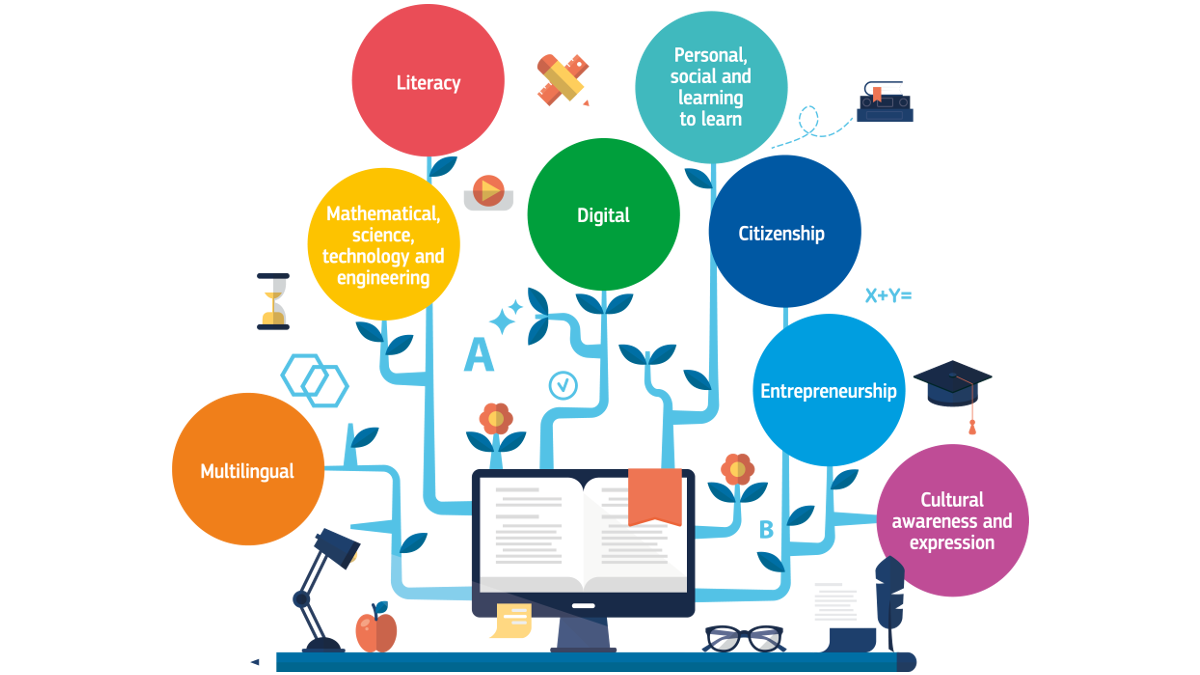Supporting Key Competence Development: Learning approaches and environments in school education
Learning approaches and environments in school education
This conference will discuss different learning approaches and environments in school education that support key competences development. Developing key competences for all is at the heart of the European Education Area which is a space where everyone should receive the best education, training and lifelong learning. In today’s world, young people need a broad set of skills and competences to find fulfilling jobs and become independent, engaged citizens. This means the basic skills of reading, writing, maths and science but also digital skills, languages, entrepreneurship, citizenship, intercultural skills, critical thinking, collaboration and creativity.
The Council of the European Union adopted the Council Recommendation on Key Competences for Lifelong Learning on 22 May 2018. The Recommendation sets out eight key competences that we all need for personal fulfilment and development, employability, active citizenship and social inclusion:
- Literacy competence
- Multilingual competence
- Mathematical competence and competence in science, technology and engineering
- Digital competence
- Personal, social and learning to learn competence
- Citizenship competence
- Entrepreneurship competence
- Cultural awareness and expression competence
See the Brochure on Key Competences for lifelong learning for more information.
Key competences are best developed in systems, which promote and use a variety of learning approaches and environments, support their teachers and assess and validate key competences.
